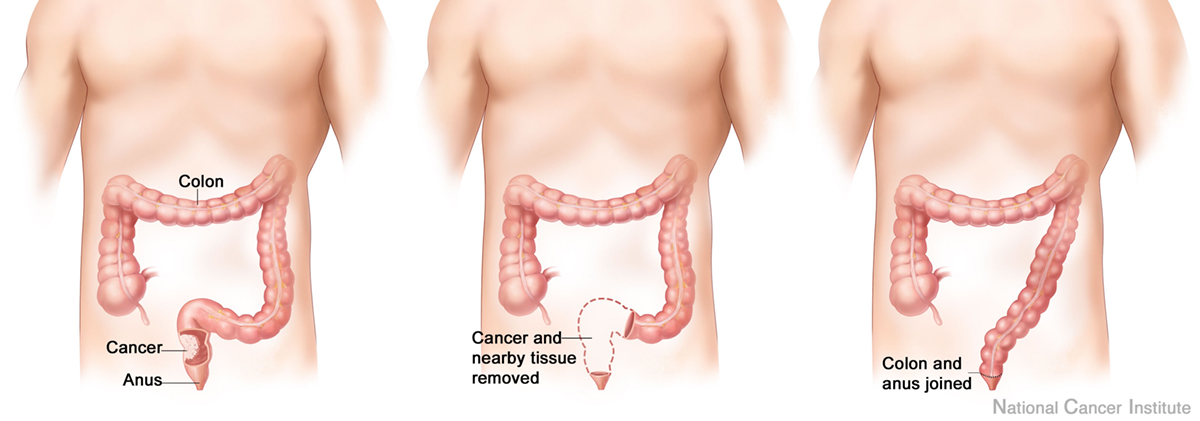
Colon cancer is a serious condition which is treatedaccording to the progression stage. There are 5 stages of this type of cancer,from 0 to 4. Stage 0 indicates the condition when the cancer affects only epithelialtissue of the colon. Stage 1 colon cancer affects the middle layers of thecolon, while stage 2 cancer moved even further, sometimes affecting surroundingtissue. Colon cancer found in stage 3 is one which affected at least 3 lymphnodes, and stage 4 is the last stage of colon cancer. In stage 4, cancer hasspread to other parts of the body, usually to lungs and liver.
Treatments for Colon Cancer
There are three options for the treatment of colon cancer,and doctors can decide between surgery, chemotherapy and radiotherapy. They willbase their choice of treatment on the stage of the cancer. Found in stages 0and 1, colon cancer is usually treated with surgery and drugs, while stages 2,3 and 4 need surgery and chemotherapy.
Surgical treatment involves removal of the tumor from thecolon, while radiotherapy uses X-rays to kill cancerous cells in the colon.
Chemotherapyis the treatment in which doctors use certain medications to killuncontrollably dividing cells in the colon. One of the most frequently usedmedications for the cancer colon chemotherapy is 5-fluorouracil (or just 5-FU). Chemotherapy drugs can be given orally, or as intravenous injectionor pump, but these drugs all have the same function, which is to shrink thetumor as much as possible and to relieve some of the cancer symptoms.
Types of Chemotherapy
Chemotherapy can be primary, adjuvant or neoadjuvant. Primarychemotherapy is used to treat advanced stages of colon cancer, when it has metastasizedto other organs in the body. In this case, medications are patient’s onlyoptions to potentially cure the cancer, because the drugs may extensively decreasethe number of cancerous cells.
Adjuvant chemotherapy is used after the surgical removal ofthe colon cancer, in order to affect cancer cells left in the body.
Neoadjuvant chemotherapy is given before the surgicalremoval of the colon cancer. It is used to decrease the risks of surgical procedure.
Adverse Effects of Chemotherapy
Usually, patients receiving chemotherapy for colon cancerreport nausea, vomiting, diarrhea, mouth sores, hair loss, blood-relatedproblems and eye defects.
Diarrhea can be a very serious thing during thechemotherapy, and patients are advised to drink plenty of water and some othernon-alcoholic drinks. Doctors may even prescribe some medications to ease thisproblem.
Eye problems, such as grittiness or irritation of the eyesare usually resolved with some saline drops.
Mouth sores are common problem for these patients, and theycan be avoided by rinsing out the mouth with saline solution several times aday.
Blood problems may also occur, including anemia, weakenedimmune system and easily bruising and bleeding.




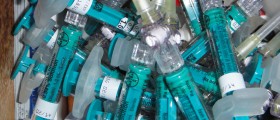
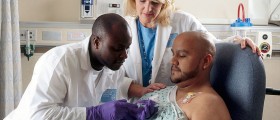
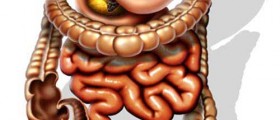
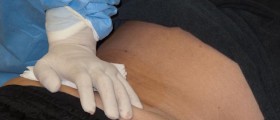

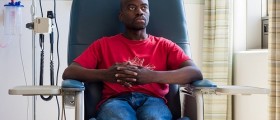

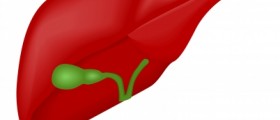
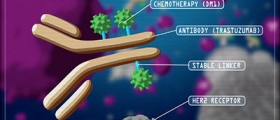
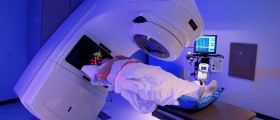
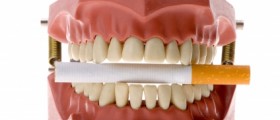
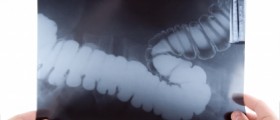

Your thoughts on this
Loading...